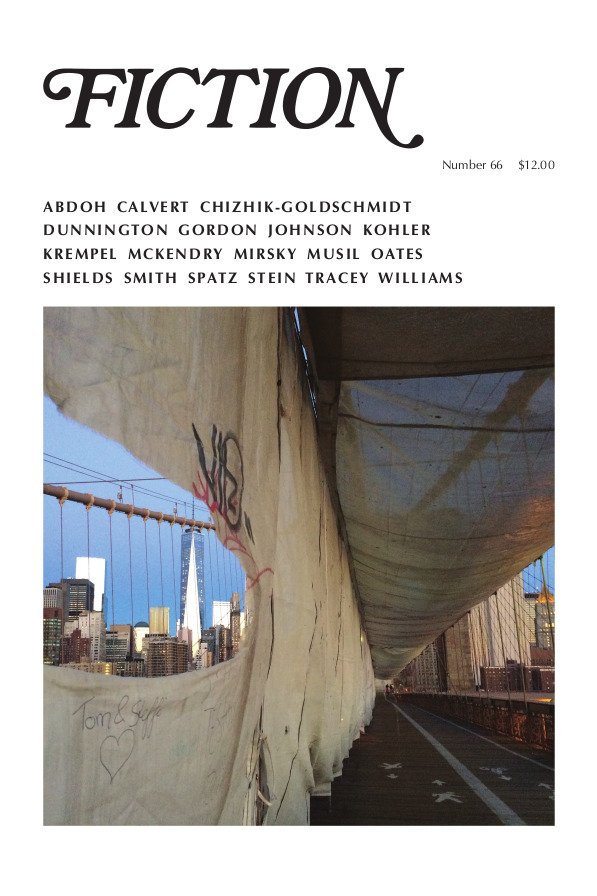۞ “Borges’s Search for Averroes” (بورخيس، رضوى، ابن رشد) was republished in Arabic by Raseef22.
AT THE END OF A STORY he wrote about the greatest medieval commentator of Aristotle, Borges noted: The instant I stop believing in him, Averroes disappears.
As Borges observed, Averroes, who knew everything, could not understand one thing, and that was theater. And so it happened that when he came upon Aristotle’s Poetics, the Arab Spaniard was utterly stumped. What had Aristotle meant by the terms “tragedy” and “comedy”? Averroes did not know. Nothing in the world he’d studied so painstakingly had prepared him for the notion of drama.
But had I known the Argentine writer at the time, I would have told him about Radwa of Cordoba. Why her? Because, through half-legible Mozarab documents whose like were once used as goat fodder, it has come down to us that Radwa somehow ended up in the Toledo of the 1190’s. There she joined the great translation movement of the city that brought the wisdom of the ancient Greeks to Europe. I would have told Borges about the day, many years later, when Radwa recalled how only one time Averroes came to her door. An old man by then, about to be banished from Spain, he’d told her that there was some unfinished business to which he must attend.
“Is the business of clarifying Aristotle ever truly finished?” she asked him.
Averroes kept his eyes to the floor, as he’d heard that in her wilder days Radwa would, in the manner of the Princess Wallada, sew love poems to the hem of her dress and strut the streets of Granada unveiled.
“Mock me not,” he said.
They stood, man and woman, almost a half century apart, in a stone house in the ever diminishing Jewish quarter of Toledo while a group of Burgundian knights, recently arrived from the north and seeking their share of Moslem and Jew blood, made trouble somewhere.
Averroes murmured to himself, “Seek not Toledo in Toledo, O Abu al-Walid, but close your eyes and go elsewhere.”
She knew that no one was aware he was there in Toledo. His disguise was that of a merchant, and she also knew the journey from the south must have cost him a few of his remaining years. His bones were brittle. And the business of Aristotle was never finished.
“What brings you to me, O Sheikh?”
“They say you can see into the future. What is one thing you saw that will not leave your mind?”
“I am certain the great Averroes has not come to Toledo to hear of my visions.”
“Answer me, if you will.”
She did. “I saw a library. A library greater than any we know. Greater than the great library of Cordoba.”
“Surely . . .”
Again, she knew what he meant to say—that surely she exaggerated about the size of this library. But she did not exaggerate. She had seen it in her dreams. A library as great as the world. “In a city not yet born,” she added. “In a land not yet ready.”
Averroes took a seat. The Burgundians howled. The streets of the Jews emptied.
“What is the name of this city?”
“Buenos Aires.”
“A Castilian city?”
Radwa shook her head. Averroes gazed up for the first time at her and she thought his eyes were a shade of green and that he was looking at her not because he wanted to but because he was tired and she could nourish him with a map of the future.
“No, not of Castile. Elsewhere.”
And she told him of a half-blind man there in that library who was imagining the great Averroes and that whenever the man stopped imagining him, Averroes disappeared, as if he had never existed.
The philosopher murmured again, “Disappear . . . the same way Islam will one day leave Andalusia.”
“There is time yet for that.”
“But you are not helping the situation, O Radwa.”
“I am a mere translator.”
“If only you were just that. Yet word has gone down as far as Seville, even Fez, that Radwa not only translates, she imitates.”
One day she’d had an idea that the characters in the book of Kalila wa Dimna that she was translating with a team of Cluniac monks could be acted out. Christian Toledo had burst with the notion that men could don animal suits and play as if they were others than themselves. It was the birth of something new. Whispers had started to rise. And those in the know, who were not many, invoked the name of the Greek and said something about the Poetics.
And now Averroes himself was here to chastise Radwa on her impudence.
“To imitate,” she said, defending herself, “is to honor, O Sheikh.”
Averroes coughed and she saw his death in it. Where is Buenos Aires? she wondered to herself.
The philosopher said, “To imitate the eternal world gives rise to chaos. For when is there to be an end if there are to be imitations of the eternal? And then imitations of the imitations. And so on, and so forth.”
Averroes was being banished to Africa by the Sultan because, among other things, he had dared speak of the eternal nature of the universe. And she had loved him for that, for his daring to consider that infinity was possible. And now . . . now even the great Averroes was retreating from his own conception.
Her heart ached and she said, “But if the world is infinite, what matters if infinity is added to infinity?”
“You are mocking me, Radwa.”
She didn’t tell him that he mocked himself and that the eternal was not concerned with additions or subtractions of itself. He was far too brilliant not to know this. Unless . . . unless it was she who was somehow confusing infinity and eternity, when in reality they might not be one and the same.
Radwa halted in her thoughts. Here was the greatest filsoof of the age. He had come to her because she had imagined him being imagined by a half-blind man in a place called Buenos Aires that was not in Castile or anywhere else in their known world. She had arrived at the infinite and he had come to do what? To pull her back from it?
She said, “If it pleases you, from this day I will neither translate nor imitate.”
He seemed soothed by her words. “Let the Christians find their own way to the fruits and poisons of the knowledge tree.”
She would ask: And what of our way? And what of the incoherence of the men who are banishing you from the soothing waters of the Guadalquivir . . . What of truth? What of the earnest search for the infinite? But it was late. And Radwa imagined that the half-blind man’s eyelids grew heavy somewhere in Buenos Aires, while the entire land of Spain turned to smoke and it, too, vanished into sleep.
A FICTION Interview with the Author
Click here to read a transcript of Salar Abdoh being interviewed about this short story, his war reporting, and latest novels.







by David Saccone-Braslow
Salar Abdoh is a novelist, essayist, and translator born in Tehran, Iran. He attended a boarding school in England before relocating to Los Angeles when his father left Iran for the United States following the 1979 Iranian Revolution. Abdoh received his undergraduate degree from U.C. Berkeley and his Master's from the City College of New York, where now teaches creative writing.